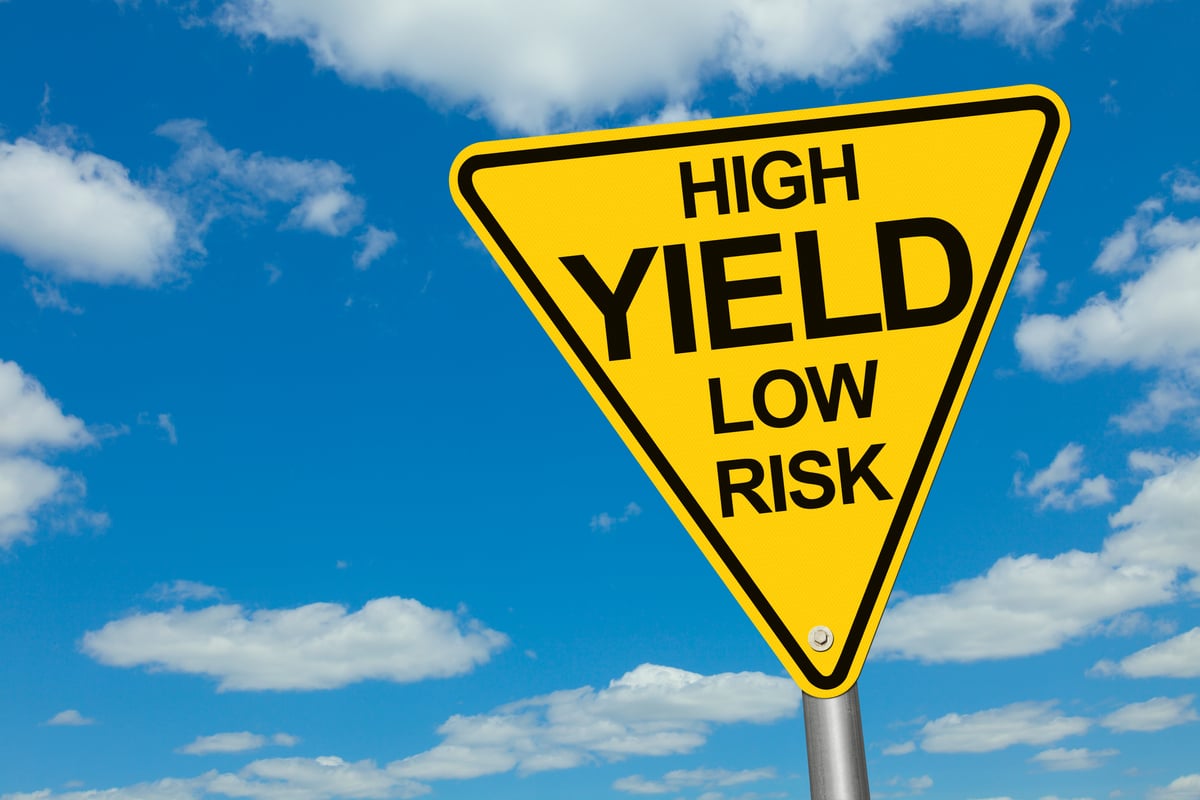Investing can be a very successful activity when investors adopt a long-term mindset. In my view, this means thinking in terms of several years, as opposed to the next month or quarter. Finding the right business and letting compounding do its thing can produce wonderful results.
Coca-Cola (KO 0.34%) is a great company that investors are certainly familiar with, and it might be on their radar. In the past five years, it has generated a total return of 67% (as of Aug. 26). That's a respectable gain, but it comes up well short of the S&P 500.
Where will this leading beverage stock be in five years?

Image source: Getty Images.
Betting on things to stay the same
Technology seems to move faster than ever. Different industries can be affected in different ways. Investors trying to make sense of it all can have a hard time figuring out what the future might hold.
That isn't necessarily a worry with Coca-Cola. The non-alcoholic ready-to-drink market isn't exactly changing drastically every year, as it doesn't invite technological disruption. In fact, at a high level, things have generally stayed the same for decades. Because of this industry setup, investors can have confidence that Coca-Cola will still be around, relevant, and operating in a similar manner decades from now. That makes it a safe company to own.
It's a consumer staples business, selling low-cost and repeatable purchases to people who demand its drink products in any economic environment. Coca-Cola's strong brand recognition, driven by its beloved beverage offerings, influential marketing, and consistency over long periods of time, have made it a consumer favorite. The company should hold up well in a recessionary scenario, which gives shareholders peace of mind.
Don't expect huge growth
Coca-Cola is a stable business. That protects the downside for investors. However, the question of whether or not the stock can generate robust returns requires a more critical perspective.
Coca-Cola is already everywhere, with a presence in more than 200 countries and territories. There isn't that much room to expand into new markets when you're already a global icon. This means that investors should not expect the business to register outsized growth.
In the past 10 years, between second-quarter 2015 and Q2 2025 (ended June 27), net operating revenue increased at a compound annual rate of just 0.3%. The company can and does move the needle forward with acquisitions, such as with its purchase of the remaining 85% of BodyArmor in 2021 for $5.6 billion. This expands Coca-Cola's product portfolio, helping it cater to more consumer tastes and preferences. But these moves don't result in any sustainable acceleration of growth.
Muted top-line gains will discourage growth-oriented investors. Those who like their companies to cut them a check will have a different view. Coca-Cola pays a dividend yield of 2.97%. It has raised its payout for 63 straight years, an unbelievable streak showcasing the leadership team's focus on returning value to shareholders. Because of Coca-Cola's incredible profitability, this dividend is very reliable.

NYSE: KO
Key Data Points
Coca-Cola will remain a market laggard
In the past five years, Coca-Cola underperformed the S&P 500. There's no reason to believe this trend will change looking toward the rest of the decade. Unless the business can somehow supercharge growth, with net income soaring in the years ahead, then it's a good idea for investors to set realistic expectations.
The valuation does look reasonable today, with the stock trading at a price-to-earnings ratio of 24.4. Over the next five years, there could be some upside with the valuation multiple. Add that to earnings that should be higher, and the stock will likely produce a positive return between now and 2030. Just don't anticipate market-beating performance.






